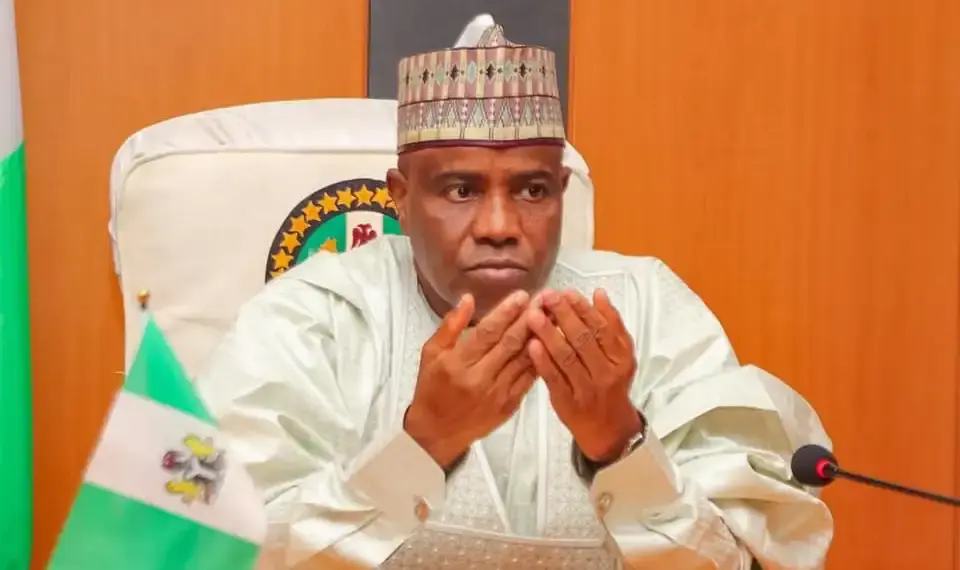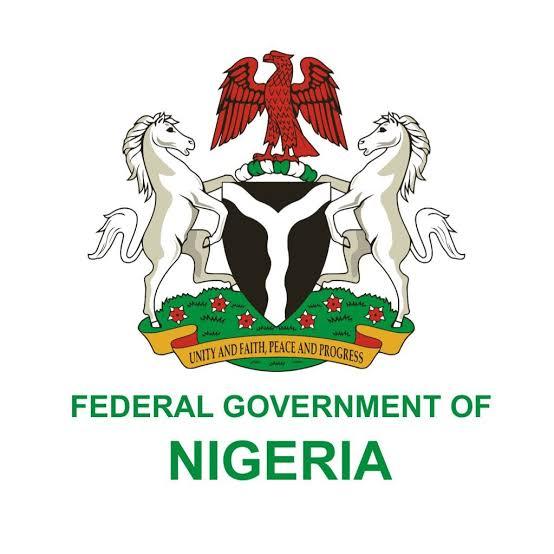Northern Nigeria has produced some of the country's most influential political figures, who have played pivotal roles in shaping the nation's governance and policies. This article highlights the top 10 most powerful politicians from Northern Nigeria as of 2025, detailing their backgrounds, net worth, and political achievements.
Summary Table: Top 10 Most Powerful Politicians from Northern Nigeria (2025)
Note: Net worth figures are estimates based on available data as of 2025 and may vary.
Detailed Profiles
1. Muhammadu Buhari
-
Net Worth: $50M
-
Positions Held: Former President of Nigeria (2015–2023), Military Head of State (1983–1985)
-
State of Origin: Katsina
-
Overview: Buhari's leadership has been marked by his anti-corruption stance and efforts to strengthen Nigeria's economy and security.
2. Atiku Abubakar
-
Net Worth: $200M
-
Positions Held: Former Vice President of Nigeria (1999–2007)
-
State of Origin: Adamawa
-
Overview: A seasoned politician and businessman, Atiku has been a prominent figure in Nigerian politics, known for his advocacy for restructuring and economic reforms.
3. Ibrahim Babangida
-
Net Worth: $150M
-
Positions Held: Former Military President of Nigeria (1985–1993)
-
State of Origin: Niger
-
Overview: Babangida's tenure was notable for economic restructuring and political transitions, leaving a lasting impact on Nigeria's governance.
4. Rabiu Musa Kwankwaso
-
Net Worth: $200M
-
Positions Held: Former Governor of Kano State, Former Minister of Defence
-
State of Origin: Kano
-
Overview: Kwankwaso is recognized for his educational reforms and infrastructural development in Kano State.
5. Nasir El-Rufai
-
Net Worth: $40M
-
Positions Held: Former Governor of Kaduna State, Former Minister of the FCT
-
State of Origin: Kaduna
-
Overview: El-Rufai is known for his urban development initiatives and bold policy decisions.
6. Abdulsalami Abubakar
-
Net Worth: $10M
-
Positions Held: Former Military Head of State (1998–1999)
-
State of Origin: Niger
-
Overview: Abubakar oversaw Nigeria's transition to civilian rule, setting the stage for democratic governance.
7. Aminu Tambuwal
-
Net Worth: $35M
-
Positions Held: Former Speaker of the House of Representatives, Former Governor of Sokoto State
-
State of Origin: Sokoto
-
Overview: Tambuwal has been influential in legislative affairs and state governance.
8. Bukola Saraki
-
Net Worth: $10M
-
Positions Held: Former Senate President, Former Governor of Kwara State
-
State of Origin: Kwara
-
Overview: Saraki played a pivotal role in legislative processes and political realignments in Nigeria.
9. Ibrahim Shekarau
-
Net Worth: $5M
-
Positions Held: Former Governor of Kano State, Former Minister of Education
-
State of Origin: Kano
-
Overview: Shekarau is noted for his contributions to education and public service reforms.
10. Aliyu Magatakarda Wamakko
-
Net Worth: $3M
-
Positions Held: Former Governor of Sokoto State, Senator
-
State of Origin: Sokoto
-
Overview: Wamakko has been active in legislative matters and regional development initiatives.
Conclusion
The political landscape of Northern Nigeria is shaped by leaders who have demonstrated significant influence and governance capabilities. These politicians have not only held key positions but have also contributed to the nation's development through various reforms and policies. Their legacies continue to impact Nigeria's political and socio-economic trajectory.










